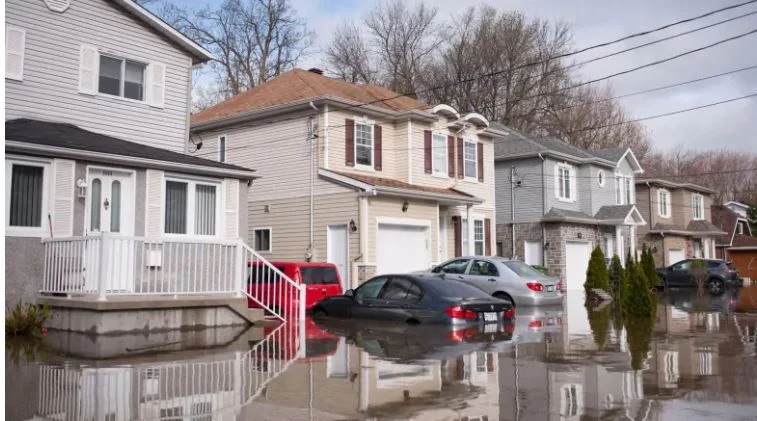B.C. farmers and ranchers can better prepare for and mitigate impacts of climate change, while continuing to support the province’s food security and a sustainable environment through funding from the governments of Canada and British Columbia. Funding is available via the Beneficial Management Practices (BMP) program. “The Government of Canada is committed to helping our agricultural producers mitigate the impacts of climate change,” said Lawrence MacAulay, federal Minister of Agriculture and Agri-Food. “This investment will offer B.C. farmers the support they need to adapt their operations to be more resilient to the impacts of climate change, while protecting food security and the environment for future generations.”
Fragile water system in Small Point warns of big problems elsewhere Social Sharing
Leaky pipes, a water source that's depleting, and climate change threatening the whole fragile system. The town of Small Point-Broad Cove-Blackhead-Adam's Cove has unique challenges with its water system, but the big picture looks all too familiar in small towns throughout the province. Most mornings, longtime municipal worker Mike Hurley starts his day by checking the wells. The town's water system is composed of a series of wells, bringing water from deep underground to nearby houses through plastic pipes. Hurley has his hands full battling leaks and mechanical breakdowns, but there are some problems he can't fix.
Watershed restoration creates a healthier future for B.C.
An ongoing effort to restore watersheds and wetlands in the province is creating a healthier future for British Columbians by mitigating the impacts of climate change on communities, strengthening ecosystems and securing quality drinking water. Premier John Horgan highlighted the Budget 2022 commitment of $30 million to continue to improve B.C.’s watersheds.
Opinion: Envisioning climate adaptation through land and water management in 2052
By 2031, after a decade of ever-increasing impacts on society due the rapidly warming climate, it became incumbent upon all levels of government to change how management of the land is managed, which includes water, soils, biodiversity and forests. The next decade was a transition period, as decision-making shifted to local communities rather than distant bureaucrats. The main goals for forestry became carbon sequestration, watershed protection and ecosystem health, rather than lumber and fibre. Forest exploitation ended and there was a social consensus to conserve and expand forests to help mitigate climate change.
'It's a problem for society': Climate change is making some homes uninsurable
As an insurer, Intact obviously has its own data and maps. Based on that, the company assumes as many as five per cent of those newly at-risk properties will be simply uninsurable. Brindamour warns that "if you're in a zone that gets flooded repeatedly, or where the odds of being flooded has increased meaningfully, it'll be hard to find insurance from private capital."






